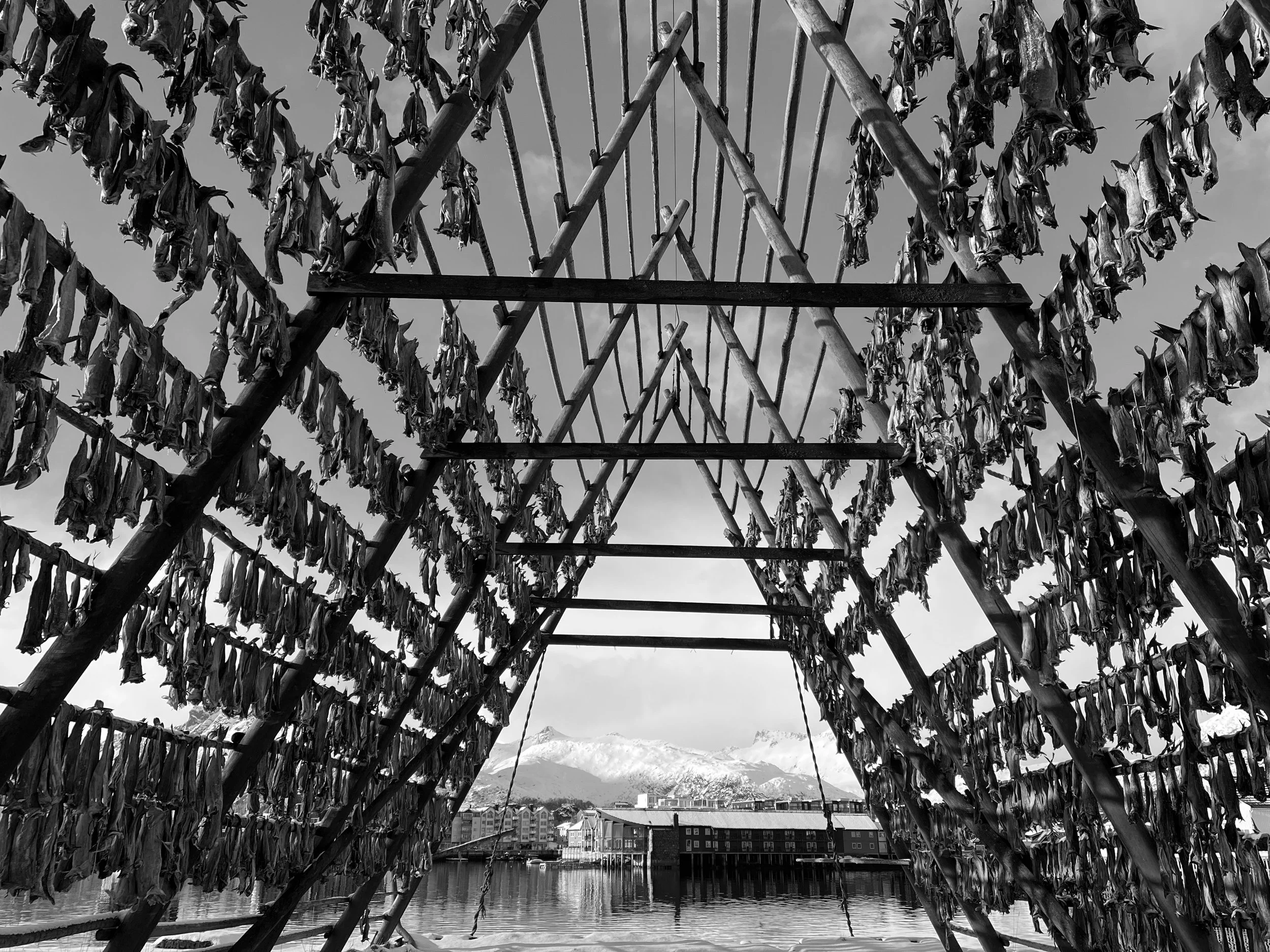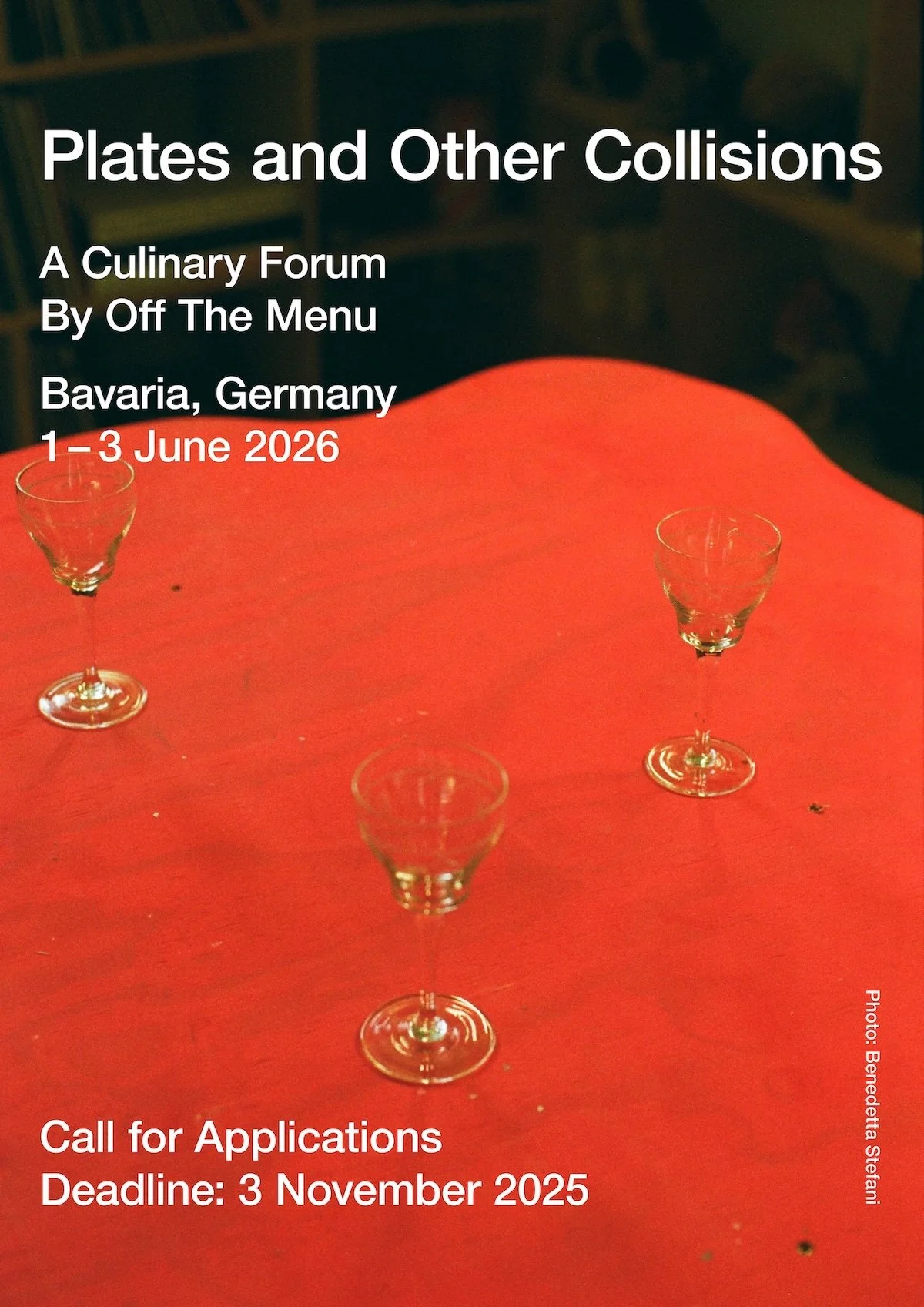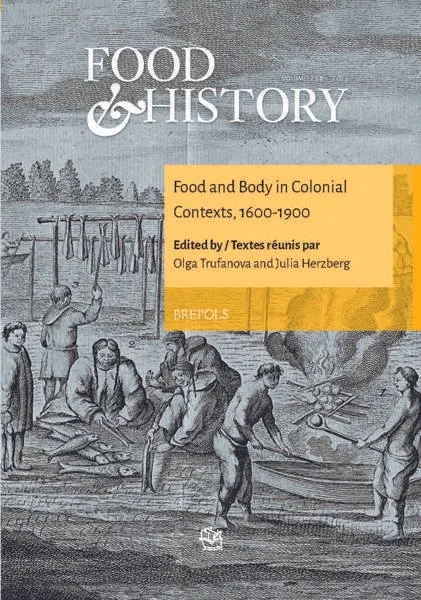I’m excited to attend the 2025 American Studies Association Annual Meeting this week in San Juan, Puerto Rico. This year’s conference casts its attention to the theme of “Late-Stage American Empire?” and I am looking forward to contributing to the “Edible Imperialisms” panel organized by the Critical Food Studies Caucus.
My presentation traces colonial cod connections between San Juan and Saint John’s to ask: Why does an island in the Caribbean famous for its fishing import salt cod—so stiff, so dry that it needs to be soaked and rinsed and rehydrated—from icy northern waters?



















